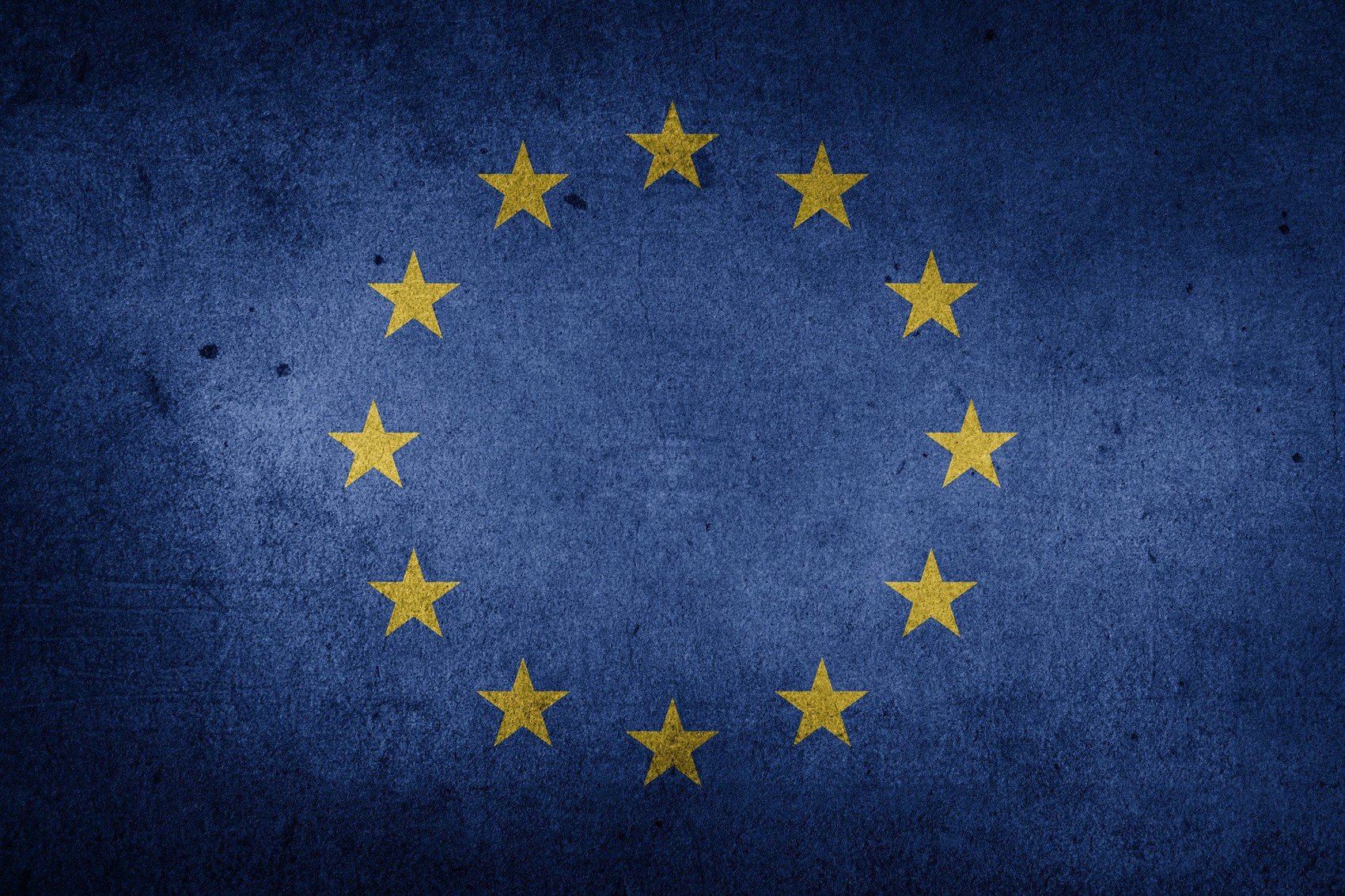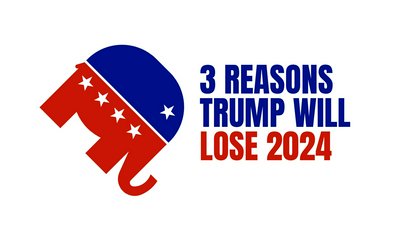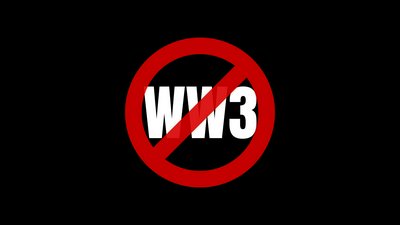economyParis
Exit Strategy for EU from the Lockdown---The Euro, Return to Keynesian, and Caution Against Neoliberalism and Nationalism
Euro is Europe's strongest asset in leading the recovery. Dr Jiulin Teng argues, however, that only a return to Keynesian economics, with an emphasis on inno...
Published by Dr Jiulin Teng on 16 Apr 2020 · Updated on 25 Jul 2021

As European countries start to explore exit strategies from the lockdown that has greatly disrupted the economic and political lives across the continent, scars of the lockdown will prove hard to heal. Changes in public behaviors from this period may mean that normalcy as we knew it would never return. In this context, the biggest asset that the European Union has is the Euro. However, it may also be the one thing that leads the EU to fail. If the European Union continues to mishandle the situation, kneeling to the lure of neoliberalism, the result may be the failure of the Euro and the fall of European countries to irrelevance.
Lockdown That Protects vs. Lockdown That Kills
Before the European Union closed its internal borders and France (most notably) went into lockdown, hitting the pause button on economic and political lives had been labelled "authoritarian" by Western media, perhaps rightly so. Suddenly, the media shifted the tone, and mass lockdowns are about "saving lives".
Similarly, European and American media suggested that face masks are ineffective in controlling the spread of the respiratory virus, only to renege after a month, recommending and, in some cases, enforcing face masks. Apparently, masks reduce the amount of virus wearers can spread and the distance they can travel.
Such 180s have greatly confused the public, providing a rich environment for misinformation on social media.
All these point to an uncomfortable truth: leadership is absent in much of Europe. Inaction was chosen because action was difficult, and overreaction is preferred because the public are convinced that action is the only solution. Sweden and Switzerland remain the exception where the pandemic is understood as a difficult phase in economic and political lives for their citizens, not a pause that everyone can jump right back out of.
Contrary to popular misinformation, China only locked down one province and implemented contact-tracing in the rest of the country. Still, judging from economic data coming out of China and the comparative disruptions to productivity (i.e. many European countries have now complete lockdown across their territories), we can reasonably expect the economy of some major European countries to contract up to 30% on a year-to-year basis.
How do I get this number? 3 months at 50% plus 9 months at 80% gives 72.5%. Complex economic models can be made, but because no comparable data exists before this lockdown, complex models are by design useless.
The amount of jobs lost and careers destroyed will be astounding. In the end, the cumulative life-years lost (regression in life expectancy times the population) may well exceed the number of deaths from this pandemic. PTSDs (something that seems to affect Europeans more than others) will further reduce the productivity of a proportion of the public.
It will be years if not decades before we know whether this mass lockdown brought any good or simply prolonged the suffering. Sweden and Switzerland will very likely, in my opinion, emerge with the strongest recoveries.
Neoliberalism vs Return to Keynesian
While damage to the European economy is profound, EU has a luxury that most economies do not---the Euro. Because the Euro is a major currency used in international trade and settlement, perhaps the only meaningful one besides the US Dollar, the European Central Bank (ECB) has the power to stimulate EU economy that few central banks in the world can. However, neoliberalism could lead the ECB to misuse this power, thus failing to lead the recovery.
Neoliberal, trickle-down economics has been the dominant economic theory in many major economies since the 1980s. The set of actions from privatization to deregulation to austerity have had detrimental effects on inequality and mobility. The rich have gotten immensely richer, while the average people have seen marginal improvements in their living standards at best.
If the ECB continues to implement neoliberal policies, prioritizing "liquidity" and "shareholder value" over the living standards of the general public, at a time when the public are essentially being "wiped out", I expect these efforts to fail. Perhaps the stock market will rise momentarily, but this increase will only last as long as money is being pumped artificially in.
I say this not because liquidity and shareholder value are not important statistics. I say this because while money is used to measure economic outputs more money does not automatically lead to more output. Unfortunately, officials higher up in central banks are deeply entrenched in the system, and politicians and their friends tend to benefit from the neoliberal agenda. Worse still, corporations are crowded by PowerPoint-makers that worship the neoliberal ideal.
In my opinion, what the European economy needs is a return to the post-war Keynesian consensus. Europeans need to remember that it was mass governmental spending that reignited their economy, not the moronic comparison of "would you spend more than you earn?"---EU is armed with the Euro, and it will be a mistake not to use it.
Euro & The European Union
Also hard-hit is the United States. However, the US Dollar is an even bigger luxury than the Euro, carrying out over 70% of the world's trade and denominating all major resources. The US also has the world's strongest military, soft power, and spy networks. These strategic assets should ensure their strong recovery.
The Euro is undisputedly a rival to USD, and the United States has arguably entered wars and subverted foreign governments to fight it (i.e. Iraq after Saddam wanted to sell oil in Euro). Recently, the United States has also made efforts to prop up UK's succession from the EU.
In this context, the failure of the Euro may well be an endgame that aligns with America-first interests.
US-funded sources may make you believe that it is Russia or China that would like to displace the Euro or to dismantle the EU. However, that would be strategically unsound: When you have a superior foe, you do not wish to weaken others that share your position, lest you all fell one by one---this is also the reasoning behind the call for a "multi-polar world order".
However, we must also recognize that Europeans have a romantic feeling towards Americans, perhaps for three reasons:
- Most Americans have European heritage, and the American culture can be considered a continuation of European culture.
- Americans helped end two world wars in Europe.
- The Marshal Plan.
The first reason works both ways---many Americans also have a fond affinity to Europe. This is a strong explanation why the US would not act to dismantle the European Union, even though its use against global communism has ended decades ago.
The third reason is misplaced: Europeans should thank the Russians and Stalin for the Marshal Plan. Because the main motive behind it was to forestall the momentum of communism on the continent. As the US strategic focus shifts to Asia-Pacific, it is Asian countries such as India and ASEAN member states that would likely receive economic aids this time (perhaps alongside Australia and New Zealand).
In this context, I believe the US would prefer to weaken the Euro, perhaps to have it displaced by multiple national currencies. However, while the US may not be keen on keeping the integrity of the EU, stability in the region is important as they shift their strategic focus away. In other words, if every EU member can vote out like Britain did, American interests may be maximized.
In recent years, neoliberalism has deeply traumatized Europeans and led to the rise of nationalism across the continent. Puzzlingly, EU countries decided to close their internal borders amidst this pandemic: Either the EU bureaucrats are indeed as incompetent as they are made out to be by right-wing media, or the national divides amongst EU member states are so high that not only uniform actions cannot be taken but also foundational values of the Union are under question.
I would caution Europeans against nationalist impulses, particularly those against their EU neighbors. If and when another EU member chooses to leave the Union, particularly if it is within the Eurozone, it would be extremely difficult to imagine the Union not fall like dominos.
Stupid people (no point in sugar coating it---if you're fighting against your own interest, you're stupid) and cynical ones (those who can financially benefit, and there are many) are calling for their countries to leave the EU. If the Union falls, we can expect aftermaths similar to that of the Soviet Union.
The weakest link, in my opinion, is France. France has a strong nationalist base and an inward-looking public (worst in foreign language in the Union). Meanwhile, their centrist, neoliberal President is vastly unpopular. If the nationalists win the next election in France, the days of the EU would be limited.
Exit Strategy
A sound exit strategy, given incomplete information, would be one of trial-and-error. Some important considerations are the following:
- How confident are we with contact tracing?
- How effective has the lockdown been in reducing transmission? In other words, is the pandemic slowing down because the weather is warming up and all those vulnerable have already caught the virus?
- How can contacts be reduced while minimizing disruption?
Ideally, a large-scale antibody test should be carried out before any move is attempted. However, in absence of a reliable, widely-available antibody test, opening up step-by-step is reasonable.
An important reminder is that the old ways need not be the optimal way that we should return to. For example:
- A large portion of office works can be carried out remotely. Perhaps a 2-3 working week, where workers in a group go to work on the same two days in a week (for group work) and work at home for the rest of the week, is preferable. An additional benefit would be that office space can be reduced when different workgroups alternate.
- Higher education certainly can be undertaken remotely.
In terms of methods of economic stimulus, I hope the European leaders can return to Keynesian economics for inspirations. As said earlier, the Euro is a privilege, and it would be a shame to see it go to waste. There needs to be a shift in mindset:
The role of EU governments and the ECB should be to improve the quality of life for Europeans. It should NOT be to maximize employment. It should NOT be to ensure the accumulation of wealth, frequently by those who inherit their wealth. It should CERTAINLY NOT be to bail out speculators, which contradicts even free-market capitalism (but is the neoliberal darling).
That is, if the hospitality, tourism, and entertainment industries cannot recover in time, it is important to provide for those unemployed / underemployed. It is dead wrong to bail out large hotel chains.
Moreover, a forward-looking EU should focus on innovation: A significant proportion of the stimulus package should go to R&D and European-based startups. Innovation is the only way the Europeans could possibly dig themselves out of this.
Hazards to Avoid
In my previous article, I predicted a rise of nationalism in Europe. However, I would caution Europeans against being nationalist against their neighbors. If and when nationalism takes hold of another major EU member state, we can expect the fall of the Euro and the European Union.
Beyond nationalism, I would also caution against cowardice in leadership. There are steps that can be taken to ensure that undue risks are not taken; however, risk is a nature of life. In fact, scientists warn that the next pandemic is already at our front door. Remember that we cannot hide forever. A clear-headed, swift response capability is what should be developed and maintained to fight these outbreaks, not hiding in a cave.



